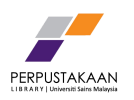Giving (endowment)
Endowment
-
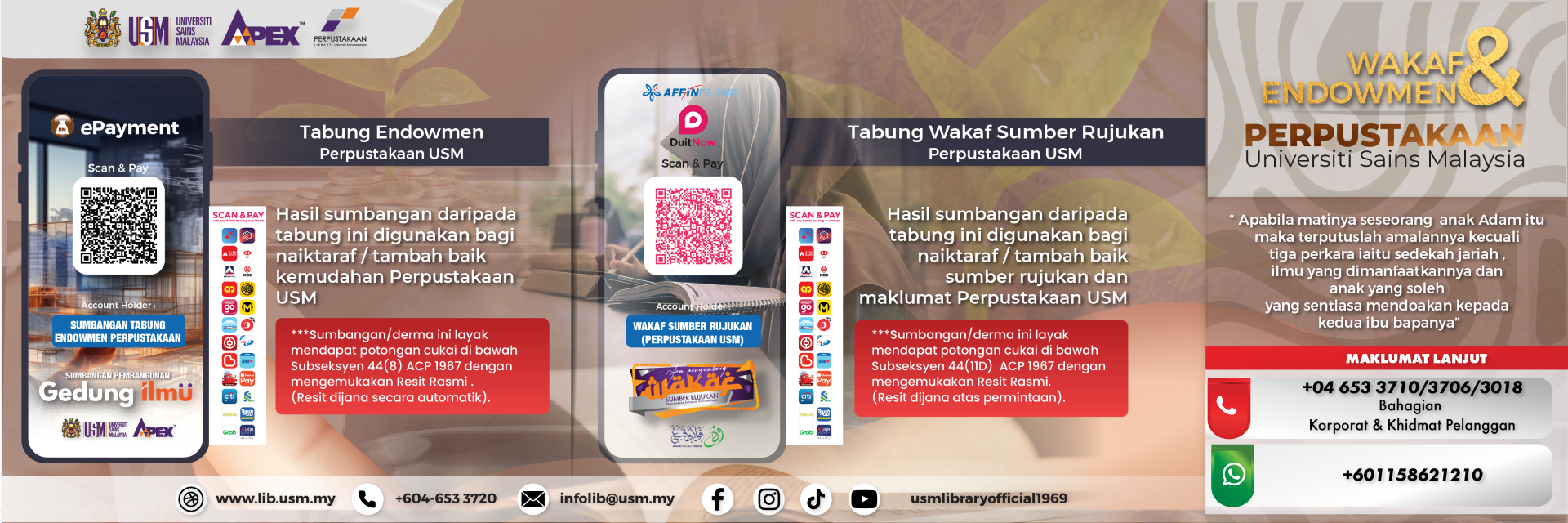
Library Endowment Fund
INTRODUCTION
Library Endowment Fund was approved in the 125th Library Committee Meeting chaired by the Deputy Vice Chancellor for Research and Innovation on 22 January 2020. The proposal is based on the Library's need to create new mechanisms in obtaining financial resources to meet current needs in an effort to provide the best library services for the purpose of research, teaching and learning to all Library users. The Library would also like to provide opportunities to individuals or companies who are interested in contributing to the Library and at the same time obtain income tax exemption based on the Income Tax Act 1967.
OBJECTIVE- Creating new mechanism in obtaining financial resources for USM Library.
- To ensure that the Library is able to provide the best facility / service to the user.
- Creating opportunities for cooperation between the Library and external individuals or institutions in an effort to improve the quality of Library services.
USM EPAYMENT - You may Click here. The link “Click Here” will redirect you to the USM Epayment platform
-
Library Book Endowment
TUJUAN
- Menampung bebanan perbelanjaan Universiti Sains Malaysia.
- Mengurangkan kebergantungan peruntukan Kerajaan.
- Memupuk/menggalakkan budaya memberi sumbangan/infak.
FAEDAH
- Penyumbang layak mendapat pelepasan cukai pendapatan dibawah Seksyen 44(8) Akta Cukai Pendapatan 1967.
- Memperluaskan dan mengembangkan koleksi Perpustakaan.
- Menyediakan sumber buku bacaan & rujukan yang relevan.
Tabung Endowmen Perpustakaan
INTRODUCTION
Library Endowment Fund was approved in the 125th Library Committee Meeting chaired by the Deputy Vice Chancellor for Research and Innovation on 22 January 2020. The proposal is based on the Library's need to create new mechanisms in obtaining financial resources to meet current needs in an effort to provide the best Library services to users. The Library would also like to provide opportunities to individuals or companies who are interested in contributing to the Library and at the same time obtain income tax exemption based on the Income Tax Act 1967.
OBJECTIVE
i. Creating new mechanism in obtaining financial resources Library.
ii. To ensure that the Library is able to provide a service facility best to the user. iii. Creating opportunities for cooperation between the Library and external individuals or institutions in an effort to improve the quality of Library services
USM EPAYMENT - You may Click here. The link “Click Here” will redirect you to the USM Epayment platform
Library Book Endowment
TUJUAN
- Menampung bebanan perbelanjaan Universiti Sains Malaysia.
- Mengurangkan kebergantungan peruntukan Kerajaan.
- Memupuk/menggalakkan budaya memberi sumbangan/infak.
FAEDAH
- Penyumbang layak mendapat pelepasan cukai pendapatan dibawah Seksyen 44(8) Akta Cukai Pendapatan 1967.
- Memperluaskan dan mengembangkan koleksi Perpustakaan.
- Menyediakan sumber buku bacaan & rujukan yang relevan.
Contact
University Archive & Malaysiana
LOCATION:Perpustakaan Hamzah Sendut (PHS)
DATE: 27 December 2021 (Monday)
DAY:Monday - Friday
TIME:9.00 a.m. – 4.00 p.m.
SERVICES:
In-house reference of Malaysiana and Archives materials; scanning; microform download; consultation.
PROCEDURE/GUIDELINES:
In compliance with the State and University Public Health Guidelines as well as to ensure the safety of Library frontline staffs and users, the Library services will commence with newon-site procedures and guidelines to prevent the transmission of Covid-19 (please refer to the guidelines:https://www.usm.my/index.php/covid19) with measures such as: monitoring of symptomatic user at the entrance (temperature screening), hand sanitization, wearing face mask, user limitation and social distancing at reference area in order to reduce the number of users presence in the limited air circulation space.
Due to that, few initiatives have been taken as follows:
· The Malaysiana and Archives Division will be open and limited to only 8 customers at any one time.
· Malaysiana and Archives Division at Level 3, PHS is accessible to the users through the lift at the far end of PHS (new building).
· The request for item to be referred should be applied using the online form at least 1 day before the user get to the Library.
|
Malaysiana dan Arkib Collections |
Microform Collections |
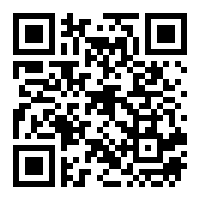 |
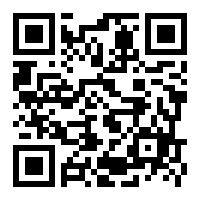 |
· Materials returned after use will have to undergo a 72-hour quarantine period to reduce the risk of spreading the virus through books and other collection surfaces.
For any enquiries, please feel free to contact us via email:
Best regards, Thank you.
Open Science
OpenScience@USM
OpenScience@USM
-

About Us
About Us
-

Open Data
Open Data
-

Open Educational Resources
Open Educational Resources
-

Citizen Science
Citizen Science
-

Open Access
Open Access
-
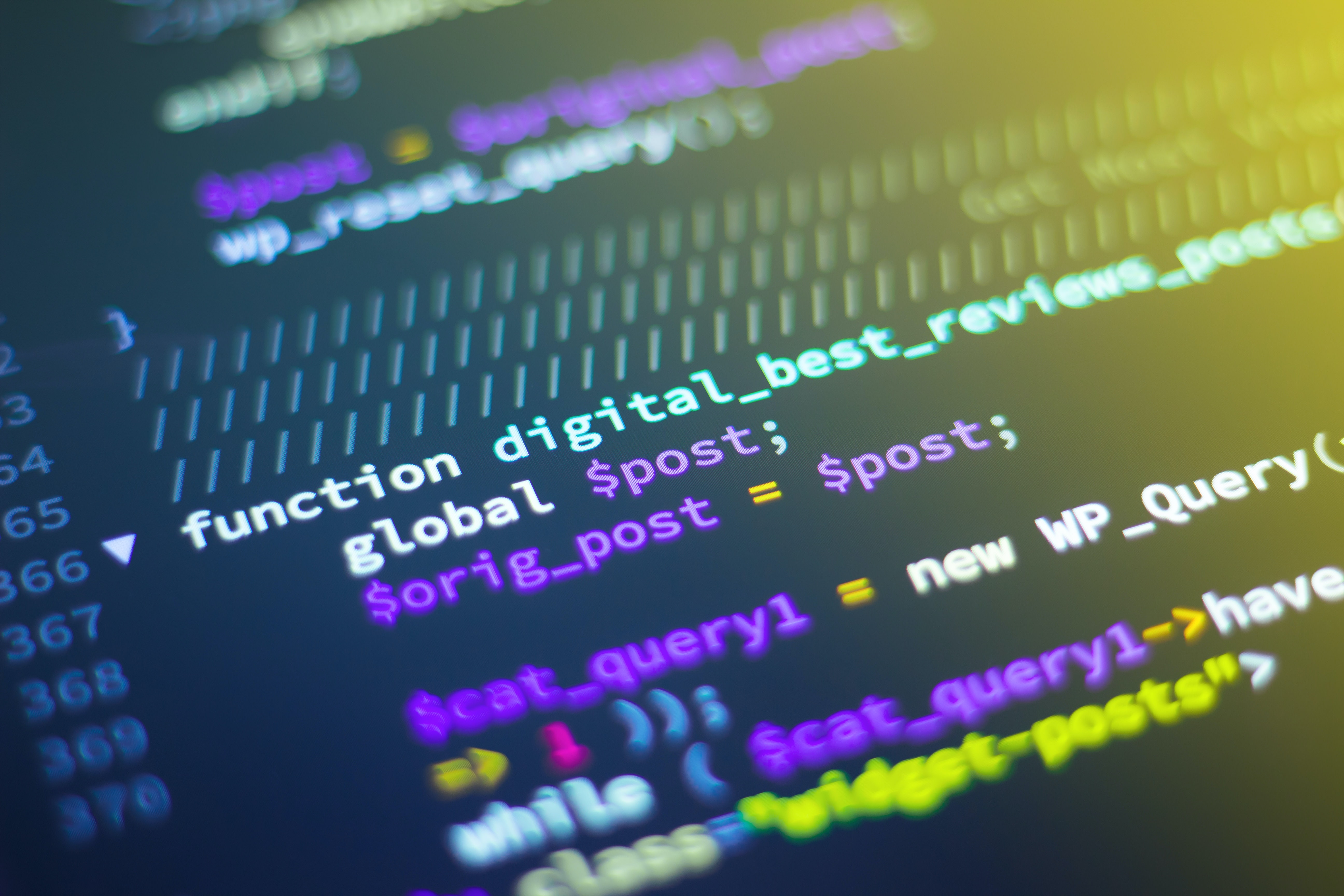
Open Source
-

News & Event
News & Event
- Home
- About
- Open Data
- Open Educational Resources
- Citizen Science
- Open Access
- Open Source
- News & Event
- USM Campus Nature Challenge
- Research Data Lifecycle
- Data Repositories
- RDM Tools
About Open Science
Open Science is the movement to make scientific research and data accessible to all. It includes practices such as publishing open scientific research, campaigning for open access and generally making it easier to publish and communicate scientific knowledge. Additionally, it includes other ways to make science more transparent and accessible during the research process. This includes open notebook science, citizen science, and aspects of open source software and crowdfunded research projects. – (UNESCO, 2017)
Recognizing the importance of harnessing the potential impact of Open Science, the Ministry of Science, Technology and Innovation (MOSTI), formerly known as MESTECC, has launched the Malaysia Open Science Platform (MOSP) Pilot Initiative on 7 November 2019. Through the Academy of Sciences Malaysia (ASM), the Malaysia Open Science Alliance was formed to pave the way towards realizing MOSP as a strategic transformative initiative to strengthen STI Collaborative Ecosystem for Malaysia. The aim of this initiative is to make Malaysia’s research data as a valuable national asset by developing a trusted platform that enables accessibility and sharing of research data aligned to national priorities and international best practices.
The Pilot Initiative with five Research Universities (RU) is a three-year (2020-2022) project funded by MOSTI, spearheaded by Malaysia Open Science Alliance and implemented by the Academy of Sciences Malaysia (ASM).
These are the Open Science taxonomy
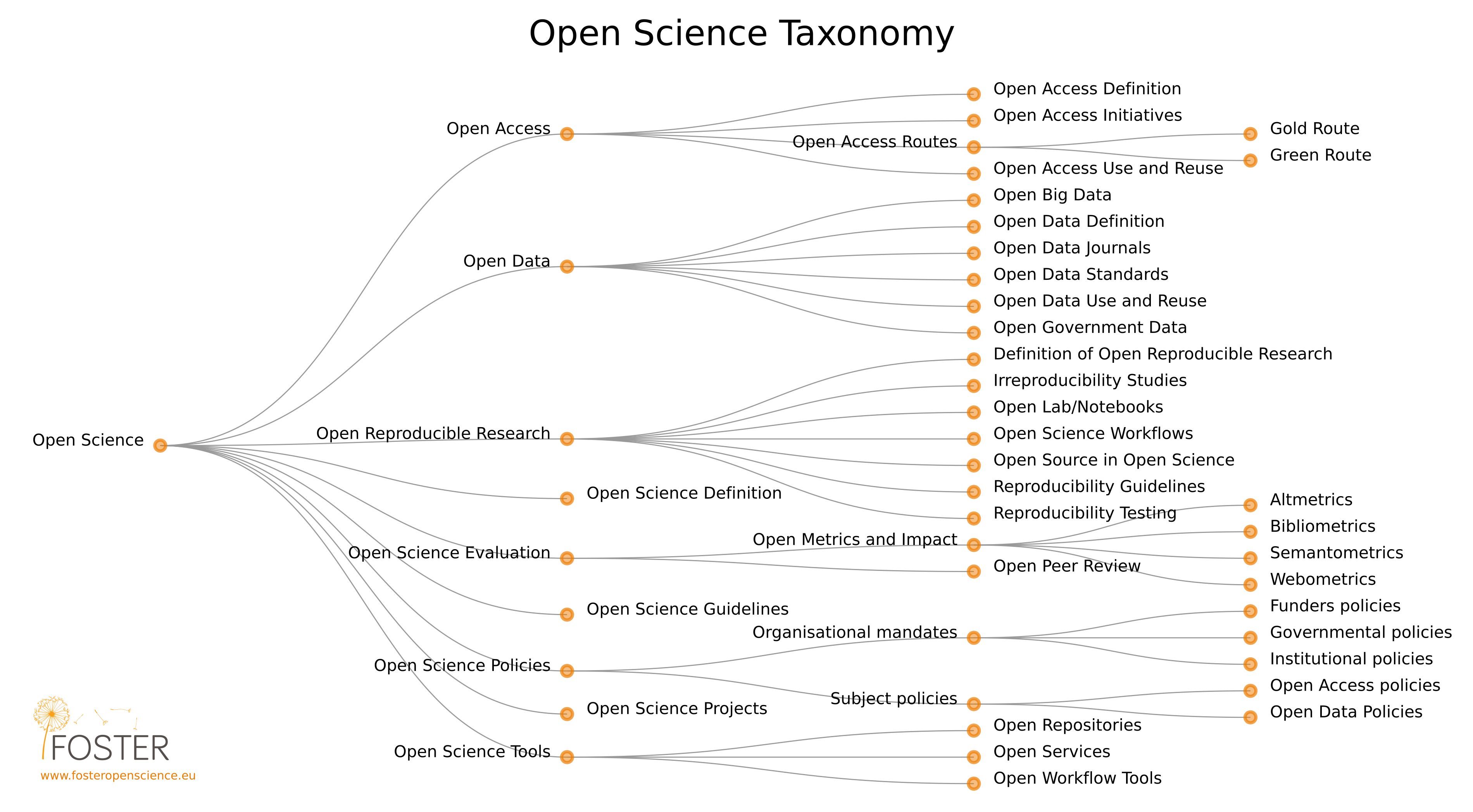
Open
Data
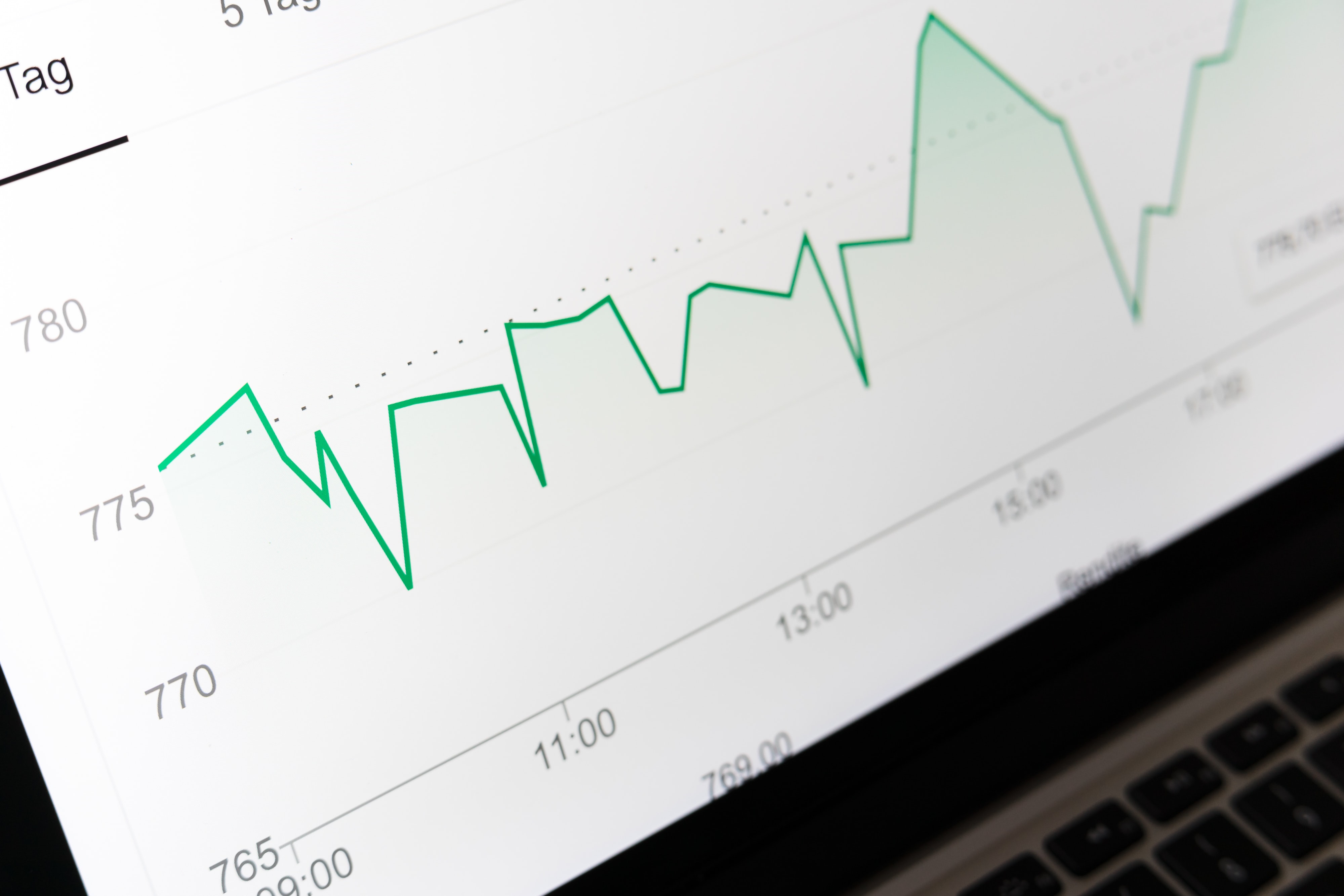
-
Open Data Repositories
-
Research Data Management
Research data management (or RDM) is a term that describes the organization, storage, preservation, and sharing of data collected and used in a research project. It involves the everyday management of research data during the lifetime of a research project (for example, using consistent file naming conventions)
-
What is a Data Management Plan?
A data management plan, or DMP, is a formal document that outlines what you will do with your data during and after a research project. Many funding agencies, especially government funding sources, require a DMP as part of their application processes. Even if you are not seeking funding for your research, documenting a plan for your data is a best practice and will help your data comply with Harvard's policies for responsible data management.

open educational resources
Contact Us
-
General

Cik RAMLAH CHE JAAFAR
Senior Librarian
Head Research Data Management Division
Hamzah Sendut Library
This email address is being protected from spambots. You need JavaScript enabled to view it.
+604 - 653 5365
Noor Adilah Azmi
Senior Librarian
Research Data Management Division
Hamzah Sendut Library
This email address is being protected from spambots. You need JavaScript enabled to view it.
+604 - 653 5376
Musa Mohamed Ghazali
Senior Librarian
Data Repository & Scholarly Communications
Hamzah Sendut Library
This email address is being protected from spambots. You need JavaScript enabled to view it.
+604 - 653 5018 -
Open Access

Nor Azan Ibrahim
Assistant Chief Librarian
System & Information Technology Division
Hamzah Sendut Library
This email address is being protected from spambots. You need JavaScript enabled to view it.
+604 - 653 5357
Meor Mohd Arafat Mohamad Shahini
Senior Librarian
Centre of Information, Communication & Technology
Hamzah Sendut Library
This email address is being protected from spambots. You need JavaScript enabled to view it.
+604 - 653 4081
Muhammad Akmal Ahmat
Senior Librarian
Data Repository & Scholarly Communications
Hamzah Sendut Library
This email address is being protected from spambots. You need JavaScript enabled to view it.
+604 - 653 3982

Cik RAMLAH CHE JAAFAR
Senior Librarian
Head Research Data Management Division
Hamzah Sendut Library
+604 - 653 5365
-

Noor Adilah Azmi
Senior Librarian
Research Data Management Division
Hamzah Sendut Library
This email address is being protected from spambots. You need JavaScript enabled to view it.
+604 - 653 5376 -

Musa Mohamed Ghazali
Senior Librarian
Data Repository & Scholarly Communications
Hamzah Sendut Library
This email address is being protected from spambots. You need JavaScript enabled to view it.
+604 - 653 5018
OPEN ACCESS
-

Nor Azan Ibrahim
Assistant Chief Librarian
System & Information Technology Division
Hamzah Sendut Library
This email address is being protected from spambots. You need JavaScript enabled to view it.
+604 - 653 5357 -

Meor Mohd Arafat Mohamad Shahini
Senior Librarian
Centre of Information, Communication & Technology
Hamzah Sendut Library
This email address is being protected from spambots. You need JavaScript enabled to view it.
+604 - 653 4081 -

Muhammad Akmal Ahmat
Senior Librarian
Data Repository & Scholarly Communications
Hamzah Sendut Library
This email address is being protected from spambots. You need JavaScript enabled to view it.
+604 - 653 3982






